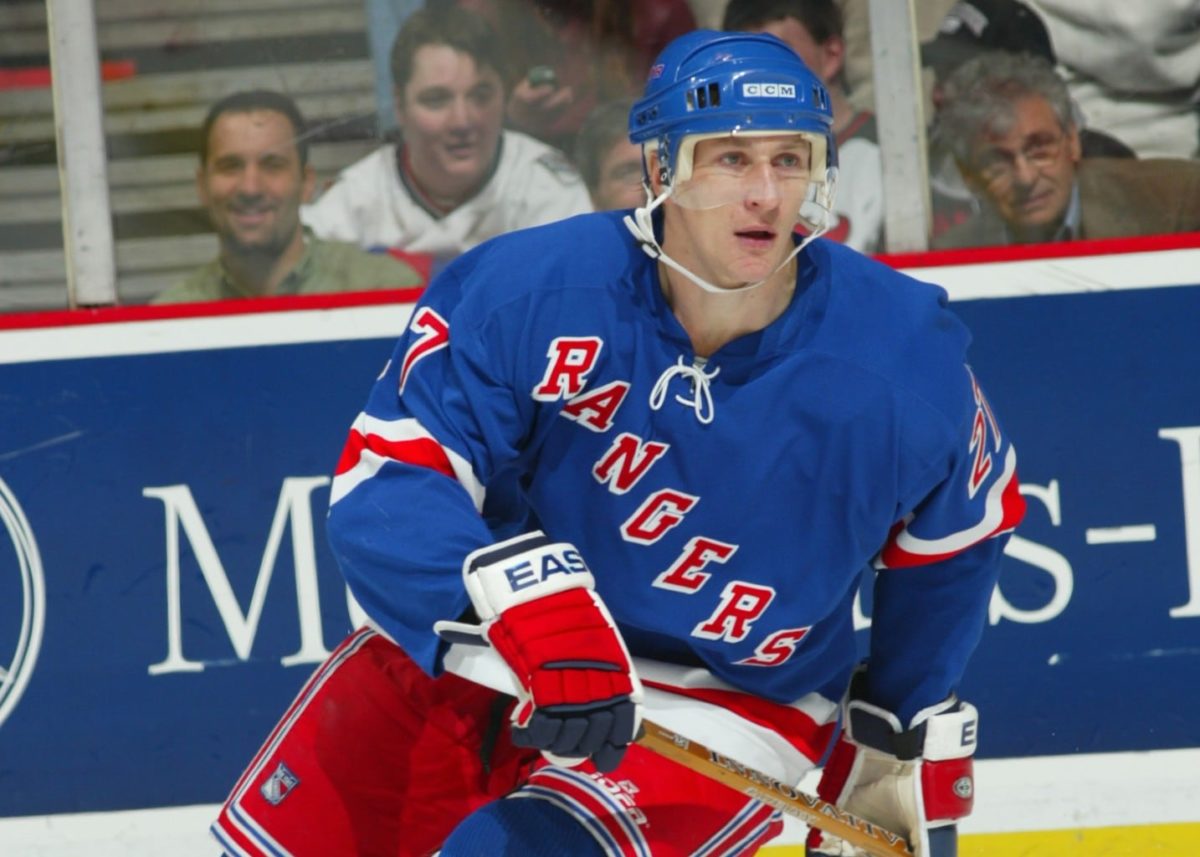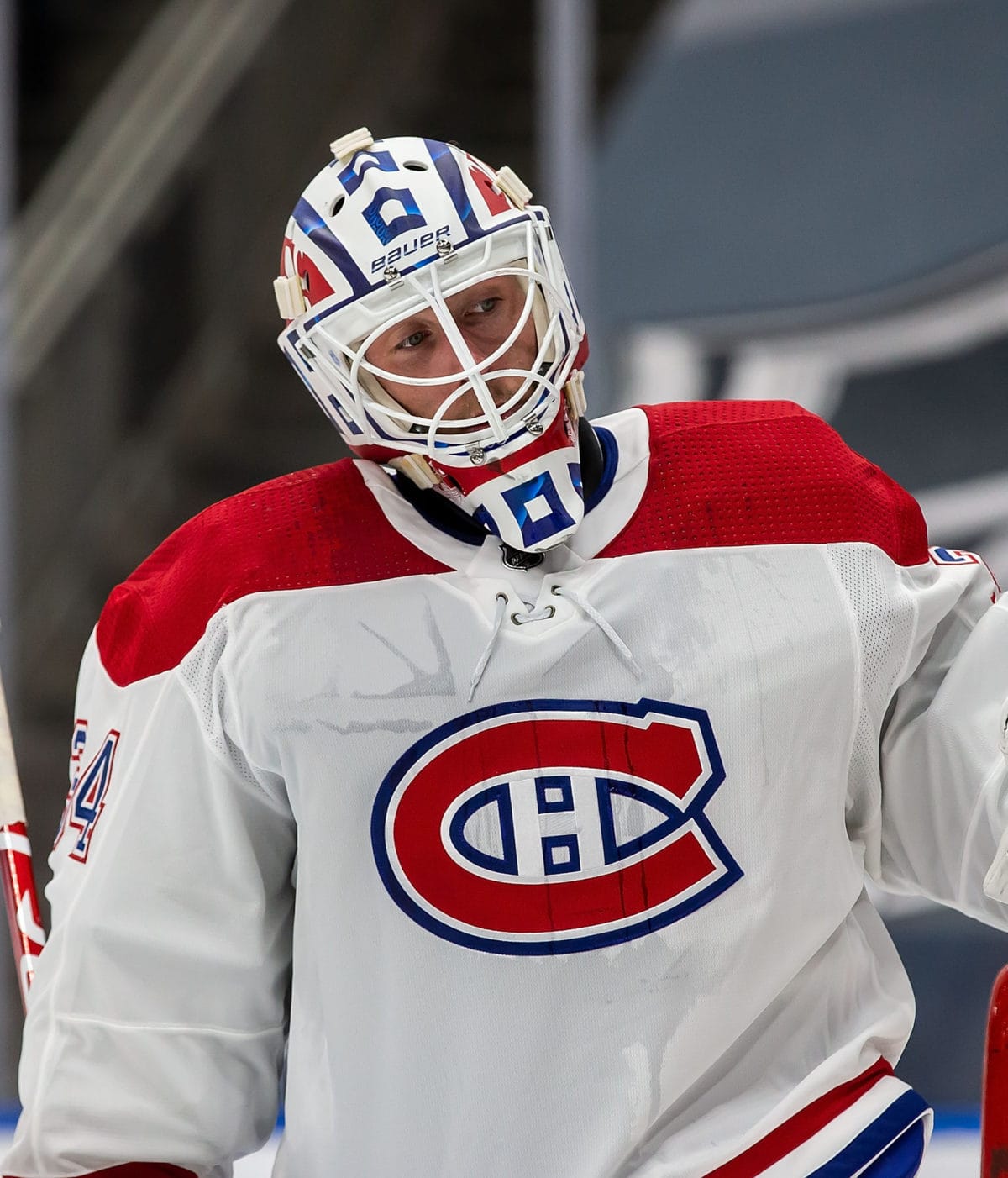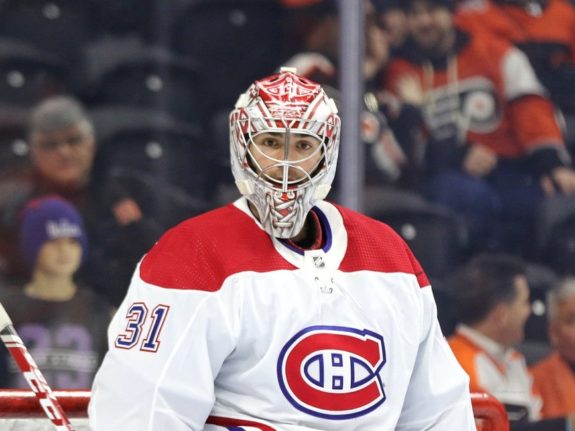Many things can still change this 2020-21 season. That includes the very real feeling many Montreal Canadiens fans are getting that this incarnation of the Habs is very different, which may not be all that notable per se. Every team feels kind of different, after all.
However, that eerie sensation that these Canadiens are the best since the 1993 Stanley Cup-winning team? That’s definitely new. Here’s why that’s the case:
3. Unprecedented Depth
Don’t look now, but the Canadiens lead the league with an impressive 29 goals in six games, arguably displaying unparalleled depth in that regard (the next-highest team, the Philadelphia Flyers, has 20). The third-highest team is the Vancouver Canucks (19), who the Canadiens just beat convincingly over a three-game series 2-0-1.
Admittedly, the Canadiens have had depth before. Back in 2007-08, the Habs won the Northeast Division on the strength of a high-scoring offense that featured seven different 50-point scorers. The second-place ranking (Ottawa Senators) in scoring has been the highest the Canadiens have ever finished since 1993. Somehow though, the make-up of this team makes it seem as, even if the Habs don’t replicate the same scoring finish, they’ll surpass the 2008 Canadiens in terms of overall finish.
Those Canadiens enjoyed a superstaresque season on the part of Alexei Kovalev who, as a rarity for the Habs, finished with over a point per game (84). His linemates were Tomas Plekanec (69) and Andrei Kostitsyn (53), two players we now know were inconsistent from a scoring perspective. In Kostitsyn’s case specifically, he would never hit 50 points again.

In contrast, the Canadiens’ top line in 2020-21 of Phillip Danault, Brendan Gallagher and Tomas Tatar has consistently gotten results over the last few seasons. There may not be the same caliber of player in the mix as Kovalev, but that just means the Habs don’t need to rely on any one player to such a great degree.
Case in point, for all the scoring prowess the Canadiens displayed in 2007-08, they were still just a two-line team (Saku Koivu, Chris Higgins and Michael Ryder). In 2020-21, while it’s just been six games, it’s abundantly clear the Habs can run three lines at least, with any one able to take over on a given night.
Beyond that, the Canadiens have depth to spare, with the likes of former Hart Memorial Trophy winner Corey Perry having been relegated to a spot on the Canadiens’ taxi squad to start. While he’s obviously no longer the top-line or even top-six forward he was in his prime, Perry has proven he can still contribute, like he did scoring in his debut against the Canucks playing beside Jesperi Kotkaniemi and Tyler Toffoli.
In comparison, the depth players on that 2007-08 squad, who were relied on in case of injury? No disrespect intended to the likes of Matt D’Agostini, Corey Locke, Greg Stewart and Garth Murray, but facts are facts. None of the above have compiled even close to the same NHL resume as their relative peer in Perry or even Michael Frolik. So, the 2020-21 Habs are covered in case of injury, knock on wood.
2. The Fast Start… this Time Around
That season (2007-08) also Carey Price’s rookie season, and he did not disappoint, going 24-12-3, with a .920 save percentage. Price also won his first playoff series, overcoming the Boston Bruins in a fairly close seven-game series, before the Habs succumbed to the Flyers in Round 2 in a mere five games after winning Game 1.
At first glance, the Habs are in the same situation in net now as they were then, with Price splitting games with the then-incumbent, Cristobal Huet (instead of the new “kid” on the block, Jake Allen). The difference is of course that Price is a veteran now and both he and the Canadiens are in a better position to learn from their one-time mistakes.
For example, the Canadiens have relied too heavily on Price in the past (hence the need to bring in Allen). Never was this more obvious than in 2015-16, when a season-ending injury early on derailed what had been a historically fast start for the Habs, with an NHL record nine straight regulation victories to start (one short of the record 10 wins in general).

Without a viable backup for Price, the Canadiens ended up missing the playoffs altogether in one of the great collapses in franchise history. Why is the fast start now different? Well, for starters, what they’ve accomplished so far, failing to lose in regulation despite having been on the road for each of the six games, has only been accomplished by one other team in history: the 1968-69 Stanley Cup-winning Canadiens.
There’s also the Allen factor, which again shows that this time the Habs have much more of a viable backup plan, considering he’s a proven goalie. He may have failed as a lone No. 1, but can still carry the load, as he did for the St. Louis Blues last postseason in the bubble, sharing starts with Jordan Binnington.
Furthermore, there’s that trust factor, with Allen having gotten in two starts in the first five games of the season. Under head coach Claude Julien, it took Al Montoya 12 games to get two starts in 2017-18. Admittedly, Antti Niemi also started two games in the first five for the Canadiens under Julien in 2018-19. However, he only got 15 more starts the rest of the way, after it became immediately clear he was no longer the same goalie he once was (8-6-2 with a 3.78 goals-against average and .887 save percentage). In much the same vein, Keith Kinkaid only started five games for the Habs last season (1-1-3, 4.24 GAA and .875 save percentage).
Needless to say, Price won’t be starting the same amount of games as he did in either of the last two seasons (66, 58), with Allen under contract. Granted, that’s in part because he literally can’t with just 56 to play in total. It’s also because Allen has proven to be reliable, arguably outplaying Price so far (2-0-0, with a 2.02 GAA and .907 save percentage).
1. Making Playoffs No Longer Seen as a Sufficient Goal
It’s become abundantly clear that the Canadiens are a playoff team at the very least. Of course, they still have to play the games and anything can happen, but, on paper, the Canadiens should be considered realistic contenders, especially considering the new North Division, in which they now play.
For starters, the Canadiens have played very well against Canadian competition going 10-3-2 against them in 2019-20 and 11-2-3 in 2018-19. In fact, their worst record against Canadian teams over a full season under Julien in his latest tenure as a head coach was a respectable 7-6-3 in 2017-18. However, it shoudn’t be minimized just how sub-par those Habs teams were. With exception to the 2019-20 edition (which only made the postseason because of the creation of a play-in round), they were all non-playoff teams. Now that the Canadiens are “good” for all intents and purposes, they have the capacity to do some serious damage in a division comprising only Canadian teams.
Put another way, the North Division lacks a single team that would be cause for legitimate concern for the Canadiens, at least not like the seemingly unbeatable Tampa Bay Lightning were last season (or powerhouse Detroit Red Wings). And it’s not just a matter of on any given night either, but over the course of a single playoff series. A round would be very winnable for the Canadiens. Two as well, considering that’s how the playoffs will be set up, with the first couple to be played within the division.
Of course, the playoffs are a long way off, let alone Rounds 3 and 4. However, if the Canadiens do make it out of the division, they’ll be one of the final four teams left stading, at which point “contender” status becomes undeniable. It would also be one of just three times the Canadiens will have reached that point since 1993 (2010, 2014).
The 2010 team got by primarily on the heroics of Price backup (Jaroslav Halak) in the first two rounds. Then they ran out of steam against the Philadelphia Flyers, scoring just seven goals in the five games, getting shut out three times. This 2020-21 team is clearly more offensively gifted.
Meanwhile, the 2014 team lost to the New York Rangers in Round 3, having to rely on the goaltending of Dustin Tokarski after Price got hurt in Game 1. While Tokarski was not the reason the Habs ended up losing, an in-his-prime Price might have turned the tables. With the Allen acquisition, the Habs have far more faith in their backup this time around. Furthermore, with the play of Allen likely to lead to a more well-rested Price, barring injury, the latter should be able to rediscover some semblance of his Hart Memorial Trophy-winning form come the playoffs, especially with the shortened schedule.

It may be seven years later, but that just means the Canadiens are just about due for another long playoff run. It’s not that the stars are aligning or anything (although the North Division does present a fairly manageable path to Round 3). It’s more that this Canadiens team is simply strong… both on paper and, as proven over the first six games of the season, on the ice.
Things can still be improved, but it’s safe to say the success the 2010 and 2014 teams enjoyed was largely unforeseen each time around. If these Canadiens go on a run, it wouldn’t be a surprise. That’s the biggest difference of all.